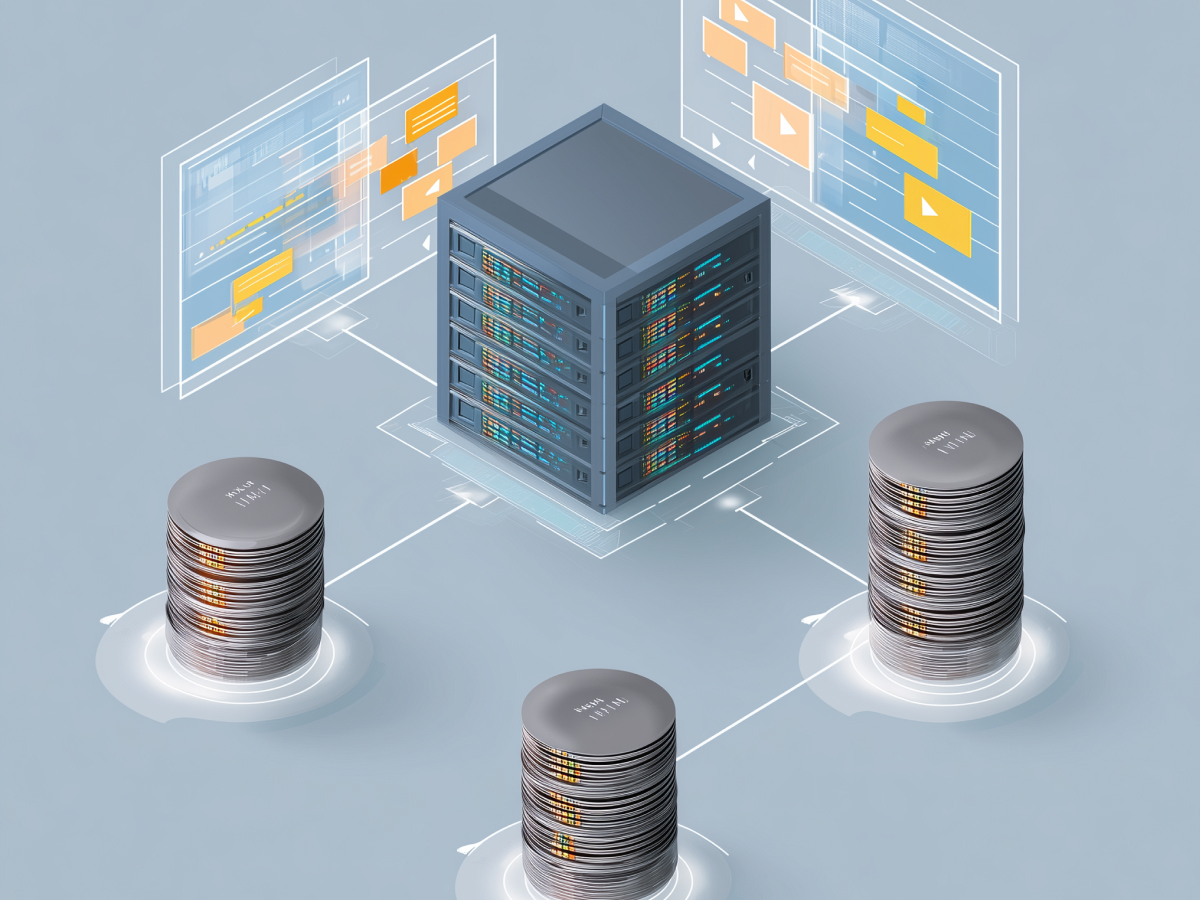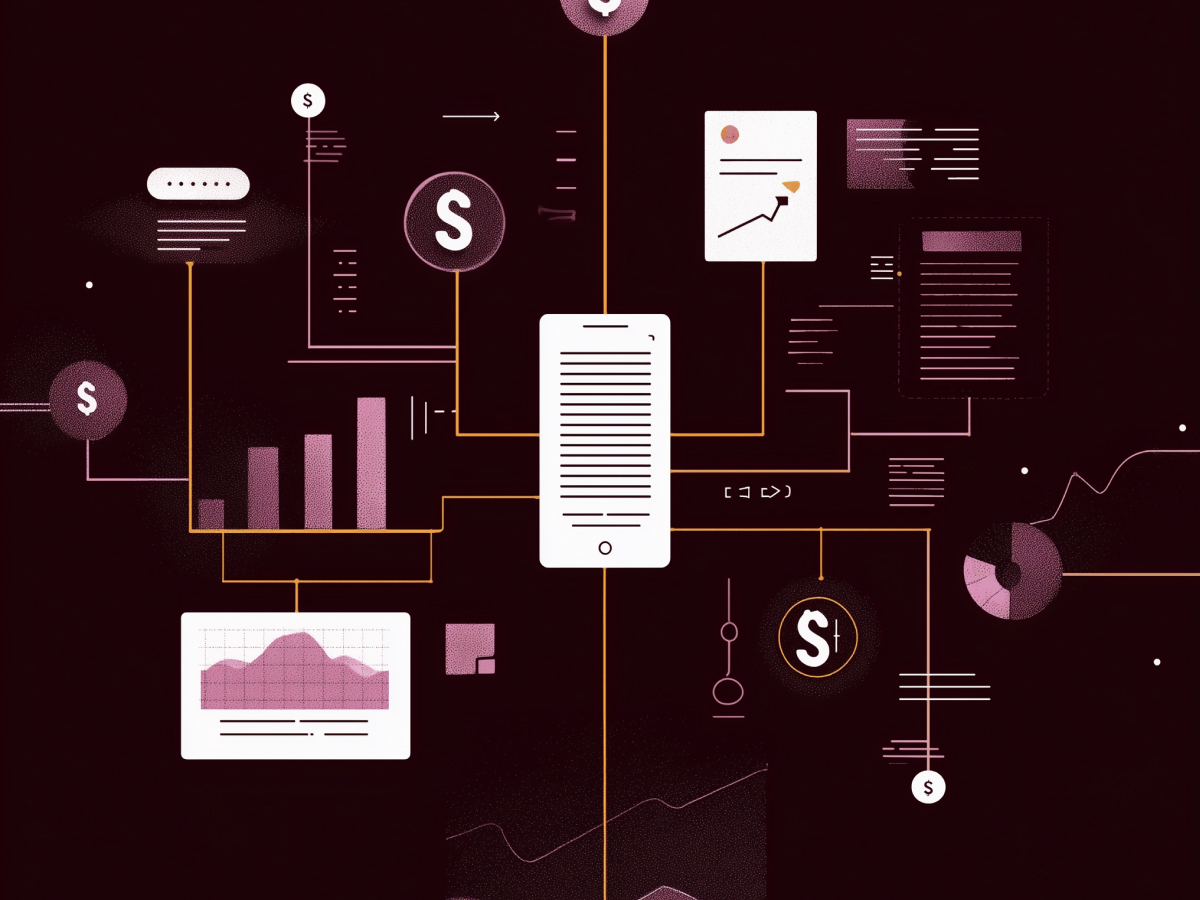Project managers deliver focused project execution
Project managers are tasked with delivering specific outcomes within well-defined constraints of time, budget, and scope. They manage resources, break down complex tasks into actionable steps, and facilitate seamless communication between stakeholders to keep everything on track and achieve project goals efficiently.
Project managers oversee the lifecycle of a single project from start to finish. They manage the intricacies of resource coordination and risk management, all while keeping the team laser-focused on deadlines. For example, if your team is implementing new software, the project manager makes sure the budget aligns, the rollout schedule is clear, and every team member knows their exact role.
When unexpected challenges arise—and they always do—it’s the project manager’s job to pivot, recalibrate, and keep things moving forward. Their adaptability often determines whether a project succeeds or stalls.
Expertise in methodologies
Every project is unique, so project managers rely on tailored methodologies to tackle specific challenges:
- Agile is perfect for projects that need constant iteration, like software development. It emphasizes short-term goals and rapid adaptability.
- Scrum, a subset of Agile, divides work into time-bound “sprints,” ideal for teams needing fast, iterative progress.
- Waterfall, with its linear and sequential approach, suits projects where stability and predictability are key, like building physical infrastructure.
The tools of the trade
Modern project management wouldn’t exist without its toolbox. Some key instruments include:
- Trello, Asana, and Jira: Platforms designed to break down tasks, assign responsibilities, and track progress with clarity.
- Gantt Charts: Visual representations that map out timelines and milestones, keeping teams aligned on deliverables.
- Smartsheet and Mavenlink: Software for resource planning and workload management, making sure no team member is overburdened.
- Slack and Microsoft Teams: Communication tools that create an always-connected ecosystem, whether your team is in the office or spread across continents.
Certification and evolution
The role of project management became formalized in the 1950s, and certifications like those offered by the Project Management Institute (PMI) have since become a gold standard. PMI credentials validate a manager’s expertise in handling the multifaceted responsibilities that come with this role, showcasing the discipline required to keep projects on track.
Program managers align interconnected projects with strategy
Program managers focus on high-level coordination, making sure all projects contribute to overarching business objectives. Rather than managing individual timelines or task assignments, they oversee the alignment of interconnected projects with long-term goals. Their work emphasizes strategic priorities and long-term planning.
Program managers aren’t concerned with individual details like timelines or task assignments. Instead, they focus on orchestrating a symphony of interconnected projects to meet long-term goals. They think in terms of years, not weeks, and are deeply embedded in the organization’s strategic priorities.
At the heart of a program manager’s role is coordination. They oversee a suite of projects that, while distinct, must collectively support a larger business strategy. Their responsibilities include:
- Strategic planning: Aligning projects with long-term objectives, like expanding market share or improving operational efficiency.
- Resource allocation: Distributing resources across projects to prevent bottlenecks and maintain steady progress.
- Managing dependencies: Ensuring projects complement one another and that no initiative inadvertently derails another.
Program managers are the connective tissue between leadership and project teams. They relay high-level strategic goals to project managers and, in return, deliver operational insights back to executives.
Preferred tools
Managing interconnected projects requires sophisticated software capable of consolidating data, visualizing progress, and identifying risks. Key tools include:
- Microsoft Project and Planview: Platforms for tracking timelines, resource usage, and interdependencies across multiple projects.
- Tableau and Power BI: Dashboards that turn complex data into actionable insights, giving program managers visibility into every aspect of the program.
- Resource Guru and Float: Tools that allocate human and material resources efficiently across projects, avoiding overallocation and delays.
Frameworks for success
Coordinating numerous projects requires adherence to frameworks that offer structure while remaining flexible:
- Program Management Framework (PMF): A comprehensive guideline for aligning related projects to achieve strategic objectives.
- Scaled Agile Framework (SAFe): This methodology scales Agile principles across large programs, making it suitable for dynamic, multi-project environments.
Why It Matters
In a fast-moving business world, where interdependencies are common and risks multiply with scale, program managers bring order to chaos. They make sure resources are allocated strategically, risks are mitigated at a macro level, and all efforts converge to drive long-term value.
Leveraging tools like Tableau and frameworks like SAFe, program managers make sure that each project under their purview aligns seamlessly with the company’s grand vision. Whether the goal is market expansion, operational efficiency, or technological innovation, program managers are the ones connecting the dots.
Scope defines the difference between program and project managers
Scope and focus
Project managers are goal-oriented specialists who focus on the execution of individual projects. They deliver measurable outcomes within the constraints of defined timelines, budgets, and scope. For instance, when implementing a new CRM system, a project manager makes sure the software is installed on time, the team is trained, and the project is delivered without exceeding budget limits.
Program managers, on the other hand, are visionaries tasked with aligning multiple projects to meet broader business strategies. For example, while one project might focus on implementing a CRM system, the program manager makes sure that this system integrates seamlessly with other initiatives, like marketing automation and customer service platforms, to achieve long-term customer engagement goals.
Risk management
Risk is a constant in any organizational initiative, but the scope of risk management differs significantly between the two roles:
- Project managers: They anticipate risks specific to their project, such as cost overruns, timeline delays, or resource shortages. Their approach is reactive yet highly focused, addressing problems within the narrow boundaries of their project.
- Program managers: Their perspective is more strategic, handling risks that could cascade across multiple projects. A program manager makes sure changes in one project (such as a delay in CRM implementation) don’t derail other dependent projects or disrupt the program’s overall objectives.
Collaboration between program and project managers drives success
Effective collaboration
Program and project managers operate as partners, each playing a distinct yet complementary role in driving success.
Project managers offer detailed operational insights (progress reports, milestones achieved, challenges faced) which program managers use to refine the broader strategy. In turn, program managers provide the strategic context that helps project managers align their work with overarching business goals.
This dynamic exchange makes sure every project contributes to the larger picture, avoiding duplication of effort or misaligned priorities.
Conflict resolution
In any large initiative, conflicts will arise. Program managers act as mediators, resolving disputes between project teams and prioritizing resources where they’re most needed. For example, if two projects compete for the same development team, the program manager assesses the impact on overall objectives and allocates resources to maximize strategic benefits.
Addressing dependencies between projects and coordinating timelines, program managers make sure individual projects move forward without stepping on one another’s toes.
Communication
Clear communication channels are the glue that binds program and project management. Regularly scheduled meetings, status updates, and structured reporting allow both roles to remain informed and aligned.
This ongoing dialogue makes sure decisions are based on real-time data and enable program managers to adapt strategies to meet evolving challenges. Project managers, in turn, rely on this feedback loop for strategic guidance that keeps their efforts aligned with broader goals.
Selecting the right manager for your initiative’s needs
Small vs. large initiatives
When a company undertakes a single, well-defined task (like developing a mobile app or hosting an event) a project manager is the right choice. They focus on delivering tangible results within a fixed timeline and budget, making sure all resources are used efficiently.
For larger initiatives, such as launching a suite of interconnected products or executing an enterprise-wide digital transformation, a program manager is key. They coordinate the complex web of interdependencies to make sure all efforts contribute to the company’s long-term goals.
Strategic vs. tactical focus
If the need is tactical (executing specific tasks to achieve short-term outcomes) project managers excel. They are boots-on-the-ground leaders who bring a laser focus to operational details, like scheduling and task delegation.
On the other hand, when the focus shifts to strategic initiatives, such as scaling a business or entering new markets, program managers take the reins. They provide the high-level oversight necessary to align multiple projects with the organization’s strategic priorities.
Short-term vs. long-term goals
Project managers thrive on achieving immediate, well-defined goals. They are the ideal choice for initiatives with fixed deadlines and clear deliverables.
Program managers, by contrast, oversee long-term, evolving objectives. They keep projects adaptable, making sure each one contributes to an ongoing journey of growth, efficiency, or market expansion. For example, while a project manager might deliver a new marketing campaign, a program manager makes sure that the campaign aligns with broader brand positioning and customer retention strategies.
Key takeaways
- Project Managers: These professionals focus on execution, delivering results for specific projects by managing resources, meeting timelines, and addressing individual challenges. They thrive in environments that demand tactical precision and short-term deliverables.
- Program Managers: These leaders operate at a strategic level, making sure multiple projects work together to support overarching business objectives. They excel at long-term planning, managing dependencies, and aligning efforts to create cohesive, impactful results.
- Collaboration: The partnership between these roles bridges tactical and strategic efforts. While project managers drive day-to-day execution, program managers make sure every project contributes to the company’s bigger vision.
Understanding these distinctions, executives can assign the right leader to each initiative, creating a management structure that balances precision with vision and delivers measurable results.




